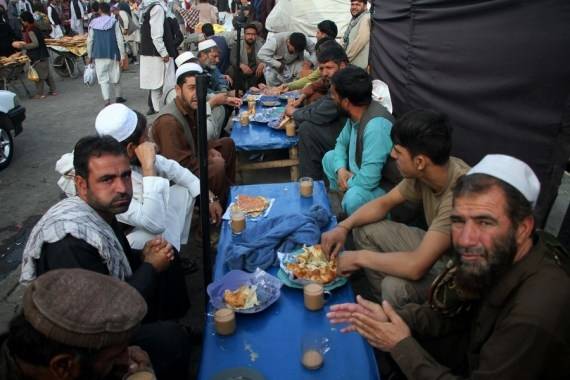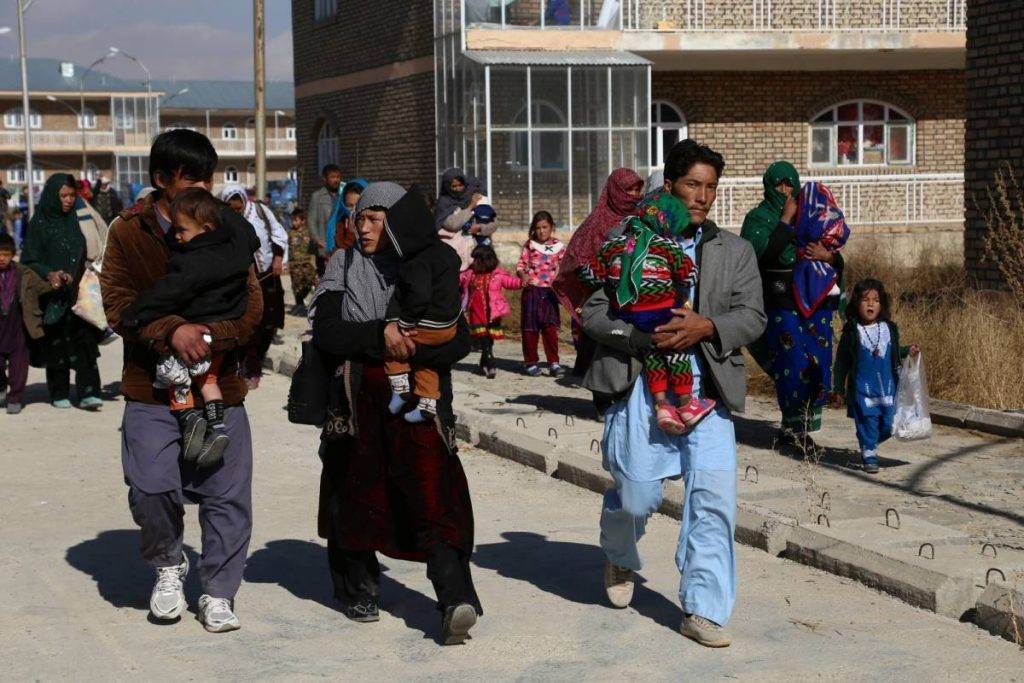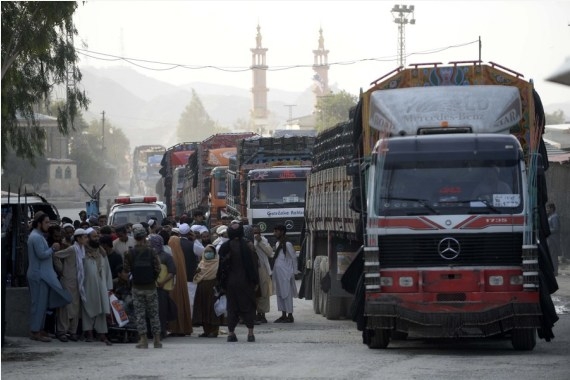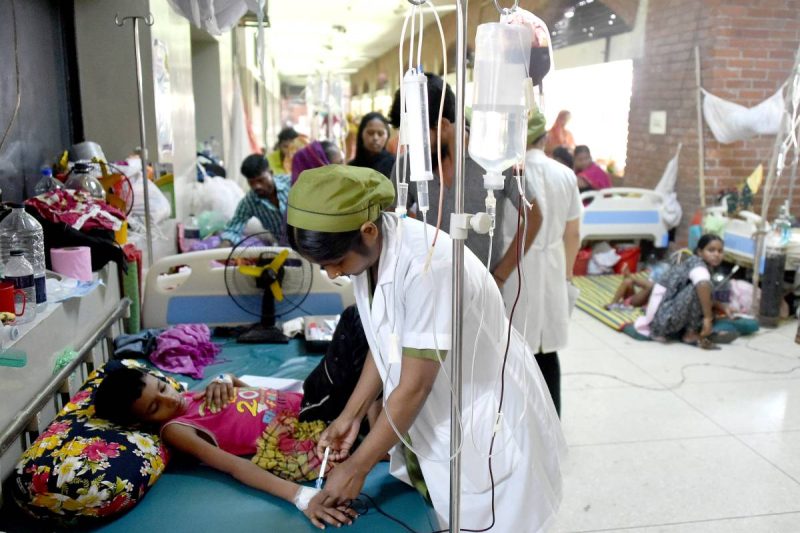Expressing concern over unemployment and the economic crisis that has engulfed Afghanistan, residents of Kabul said that they were incapable of even fulfilling their basic needs….reports Asian Lite News
Since the Taliban take over Kabul in August, Afghanistan have been witnessing a severe financial crisis, with the unemployment rate is getting higher in the country.
Expressing concern over unemployment and the economic crisis that has engulfed Afghanistan, residents of Kabul said that they were incapable of even fulfilling their basic needs.
“I can’t pay the price of paracetamol. I can’t take care of myself and my small children,” said Abdul Hamid, a resident, who works as a labourer.
Fifty-seven year old, Hamid is the only breadwinner for a family of five members.
“I wish the prices of (commodities) drop and the job opportunities increase and the people are being paid their salaries. If the people don’t have money, the business will remain down,” said Rahmatullah, another resident.
Afghanistan has asked the United States Congress for the release of Afghanistan’s central bank assets frozen by the US government.

Due to the lack of jobs, some journalists have been forced to sell fruits on the streets of Kabul as retailers. Hasib Yousefi, an employee of a private media outlet, now is selling on the streets of Kabul, reported Tolo News.
He said that he has worked for various media outlets for over 15 years, but now due to poverty and unemployment, he has to sell fruit on the streets of Kabul to feed his family.
“I have worked for around 15 years in various media outlets. My job was directing and programming and I worked for 10 years at Khurshid TV,” he said.
“After I lost my job, and with the increased level of poverty and misery in our country, with the little money that I had I bought this cart to work and be prepared for the winter,” said Bilal Yousufi, a former employee of a media outlet who now works as a seller on Kabul streets.
Meanwhile, according to the numbers of organizations supporting media, dozens of media outlets in Afghanistan have stopped operating since the political change due to economic problems, reported Tolo News.
Afghani has hit the lowest level against the US dollar in the past twenty years currently, with 1 USD trading for 95 Afghani.
Human Rights Watch has asked the United Nation to ease financial restrictions on Afghanistan as people are suffering from critical malnutrition, unemployment, and high prices of food and fuel, according to Khaama Press. (ANI)













